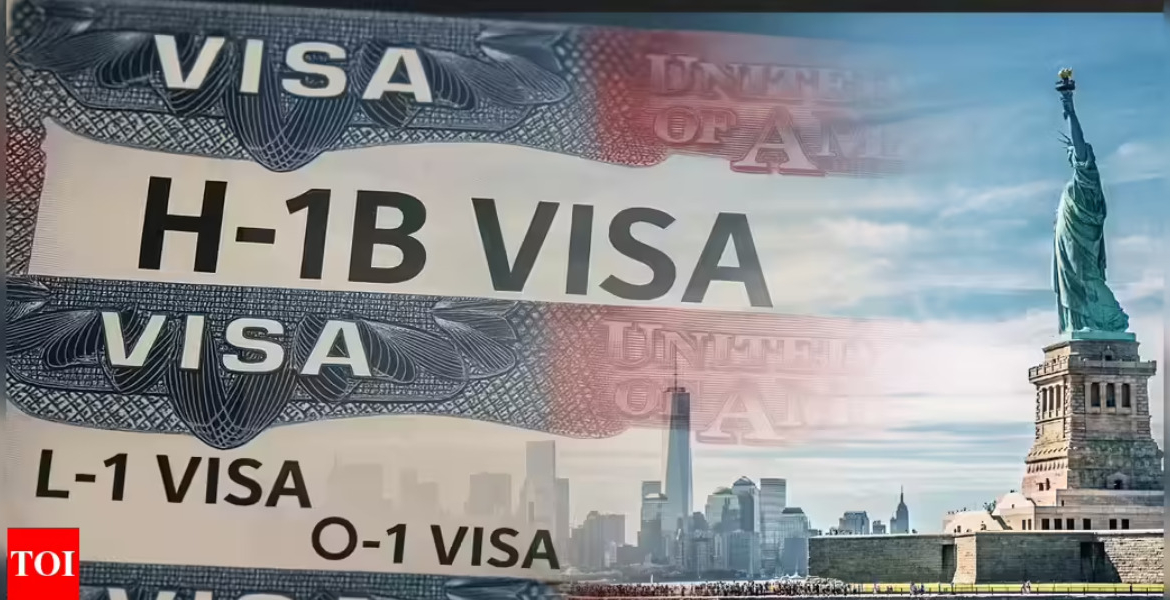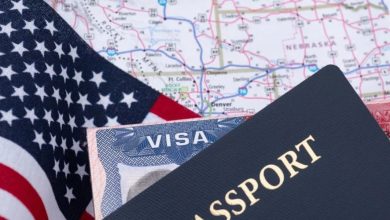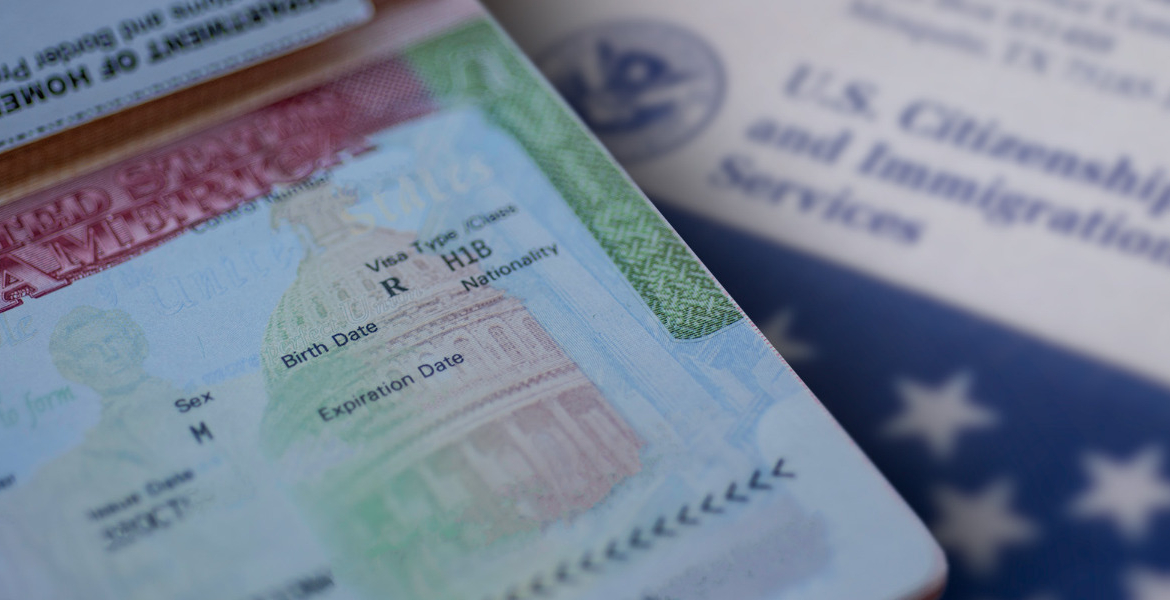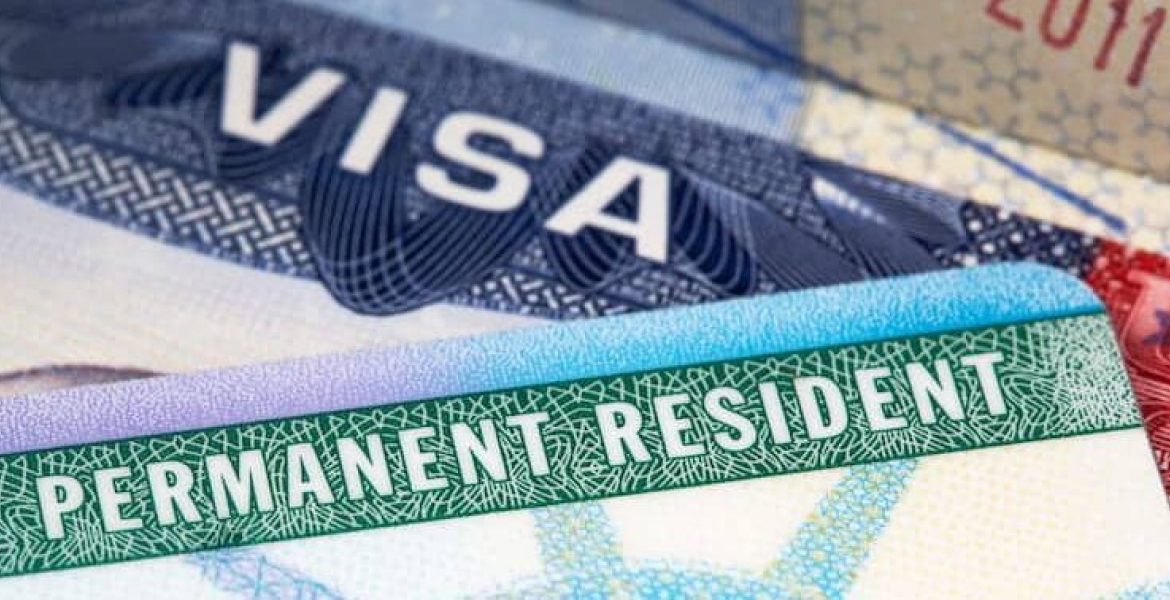US Senators Introduce Bipartisan Bill to Overhaul H-1B and L-1 Visas

Senators Chuck Grassley and Dick Durbin have introduced bipartisan legislation to overhaul the H-1B and L-1 visa programmes.
They aim to strengthen oversight, protect workers, and increase transparency in the hiring of foreign employees. The proposed H-1B and L-1 Visa Reform Act comes amid growing scrutiny of corporate hiring practices, particularly in the technology industry.
The senators have sent letters to ten major US companies, including Amazon, Google, and Meta, questioning the continuation of H-1B recruitment alongside recent large-scale layoffs of American workers. Lawmakers from both parties have expressed concern that visa programmes intended to address skill shortages have instead been used to enable outsourcing and suppress wages.
A key element of the bill is the introduction of stricter criteria for visa eligibility. It would prioritise applicants with advanced degrees in science, technology, engineering, and mathematics (STEM) and redefine “specialty occupation” to require at least a bachelor’s degree.
Employers would also be required to post all H-1B job openings on a publicly accessible Department of Labor (DOL) website, ensuring that US workers and laid-off visa holders have a fair opportunity to apply. The legislation also targets misuse of the L-1 visa programme, which allows multinational companies to transfer employees from overseas offices to the United States.
Critics argue that some firms use this system to avoid local hiring standards and lower wages. The bill would impose new attestation and recruitment requirements and grant the DOL stronger authority to investigate violations and issue penalties.
Andri Boiko, CEO of global mobility firm Garant In, said that increasing legislative and regulatory demands require multinational companies to strengthen compliance procedures, maintain detailed documentation, and ensure transparent employment practices. He noted that scrutiny has intensified, given the large number of Indian professionals employed under H-1B and L-1 visas.
The bill also proposes reducing the duration of H-1B visas, currently valid for an initial three-year term and extendable to six years. Lawmakers say the change is intended to limit long-term reliance on temporary visas and encourage clearer routes to permanent residency.





